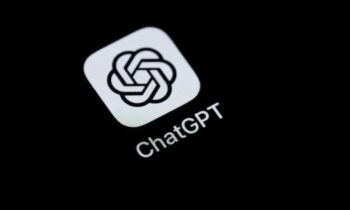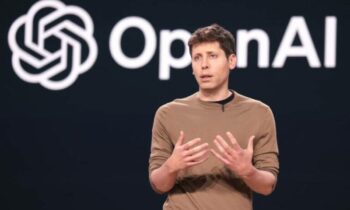The artificial intelligence startup based in San Francisco announced on Tuesday that it was launching an updated version of its chatbot that would retain user input for use in subsequent conversations.
For example, if a user states that their daughter Lina, who is going to turn five, loves jellyfish and the color pink, ChatGPT can save this knowledge and retrieve it when needed. A pink jellyfish-themed card with the words “Happy 5th Birthday, Lina!” may be produced by the bot when the same user requests it to “create a birthday card for my daughter.”
With the use of this new technology, OpenAI is able to further develop ChatGPT into an automated digital assistant that is competitive with already-available services like Alexa from Amazon or Siri from Apple. Users could add instructions and personal preferences, such information about their occupations or family sizes, that the chatbot should take into account throughout each discussion, last year. ChatGPT can now access a far greater and more comprehensive range of data.
“We think that the most useful assistants are those that evolve with you — and keep up with you,” stated Joanne Jang, an OpenAI product lead who supports the company’s memory project.
Even with its improved memory for past interactions, ChatGPT is still fallible, just like people. If a user requests that ChatGPT create a birthday card for Lina, the chatbot may produce one that has a small error, such “Haippy 5th Birthday! Lina!”
A small group of customers are the first to receive the latest technology from the corporation. It will be accessible to both users of ChatGPT’s free edition and those who pay $20 a month for ChatGPT Plus, a more sophisticated service.
On Tuesday, OpenAI will also introduce users to what it refers to as “temporary chats,” which are sessions in which exchanges and memories are not recorded.
For a while now, ChatGPT has provided a constrained memory option. The bot’s reactions to users in chat relied on their previous statements made during the same conversion. The bot is now able to utilize data from earlier exchanges.
The bot builds this memory by automatically identifying and storing information that could be useful in the future. “We rely on the model to decide what may or may not be pertinent,” said an OpenAI research scientist, Liam Fedus, referring to the A.I. technology that underpins ChatGPT.
Users can tell the bot to remember something specific from their conversation, ask what has already been stored in its memory, tell the chatbot to forget certain information or turn off memory entirely.
All ChatGPT exchanges are automatically recorded by OpenAI and used as training data for next chatbot iterations. According to OpenAI, it eliminated personally identifiable information from chats that were utilized to educate its algorithms. Additionally, users have the option to completely delete their discussions from OpenAI’s training set.
However, compiling and keeping a distinct list of private memories that the chatbot may bring up during discussions can cause privacy issues. The corporation contended that its actions were essentially no different from how browsers and search engines store customer browsing information.



